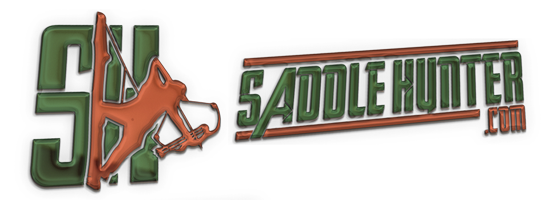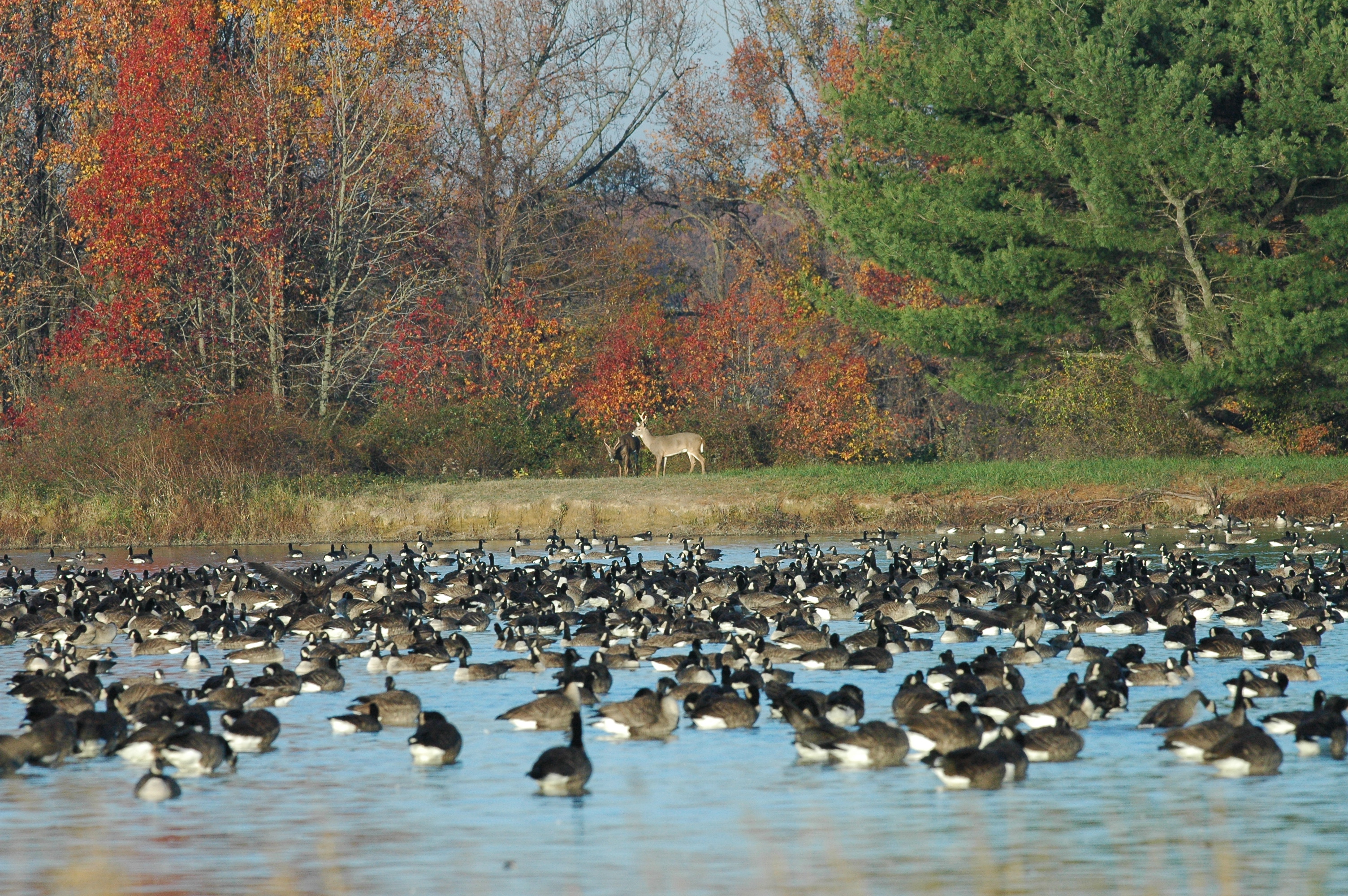A deer's brain is not smooth. Lots of folds to be found there.
View attachment 52184
That is a relatively smooth and small brain. Obviously not quite as smooth and small as something like a koala (which is so incredibly unintelligent that it can't recognize leaves detached from the branch as food and will starve in a room full of them), but not really impressive given the body size. It is at least a herd animal, which means it's a bit brainier than some of the animal kingdom.
I feel like looking for intelligence differences in deer is like looking for differences between human races. Sure, they're there. But we're all way more similar than we're different and the spread isn't really all the productive to focus on. :/ And I imagine to an alien life form the differences we perceive would be so small as to be immeasurable, especially if our hypothetical ET is as far removed from a human on the intelligence scale as we are from a deer.
@thedutchtouch, I think selection is definitely the thing that makes life work. A few thoughts:
All organisms die. MOST prey species die of predation. The trick to passing on your genes is getting laid at least once before that happens. Obviously your genes do better the more that happens. But I imagine there are lots of factors being selected for more aggressively than human predation. Lots of young, dumb bucks are getting to pass on their genes, especially in states with antler restrictions, skewed buck/doe ratios, and/or limited buck tags. That dilutes the effectiveness of the operation. How much? No clue.
Sex makes things trickier. What about all the young does getting to pass on their genes? And it's a really difficult and touchy subject, but is it reasonable to assume that Hims are smarter than Hers or vice versa? That's what the smart-ole-buck™ rhetoric seems to imply. Smart-ole-does in the study mentioned in the OP seem to either not exist or for reasons unfathomable act the same as their dumber compatriots. The difference is weird, unless you assume other more important variables than intelligence. And, of course, you realize does are not nearly as interesting to study to our biased researchers.
"Selection," "conditioning," and "learning (intelligence)" are all very distinct ideas. I'm green light on selection, yellow light on conditioning, and red light on learning. I can go green light on conditioning if we can get over the intelligence bias we have. You can select for traits with and without conditioning. You can condition without (or with VERY little) intelligence. We have great reason to believe dogs are smarter than deer. But, it takes a lot of conscious effort on our part to train a dog, along with a very extensive bit of unnatural selection to come up with a conditioned dog. And they're the best-of-the-best at accepting conditioning. If you look at animals like cows or sheep...well, it's pretty tough to train (condition) them because they really struggle with prediction and correlating cause/effect. They can't think forwards and backwards through time (speculation and remembrance) very well at all. Dogs can do it a little, which means we can offer a treat and not have them eternally lunging for it like a cow would. They'll eventually start to speculating about a reality in which they have the treat, and remembering past events that lead to that reality. We think forwards and backwards so well we spend more time out of the present than in it. So overall, I'm skeptical of how much conditioning a deer can utilize.
I guess that ultimately, if you gave me 100,000 generations to breed deer to become maximally efficient at avoiding hunters and full knowledge of their genetic code and how to shape it, I can think of better/easier ways to keep them alive than selecting for reasoning ability or conditionability. If I was lazy, just making them nocturnal and agoraphobic would do nicely. Traits that i could give them straight out of the womb would take priorty over something that took 5+ years of living to pay off because the odds of it helping go down (what if he gets killed before he gets smart) and they're sexually viable at year 1. If 2 deer breed and make the average 2 babies I'm sitting pretty at replacement rate. If they make it 1 more I'm doubling the population.
Maybe that'd be a cool thread. Your rationale behind breeding super-unkillable deer. That may get the ball rolling better on disregarding cognitive ability.



